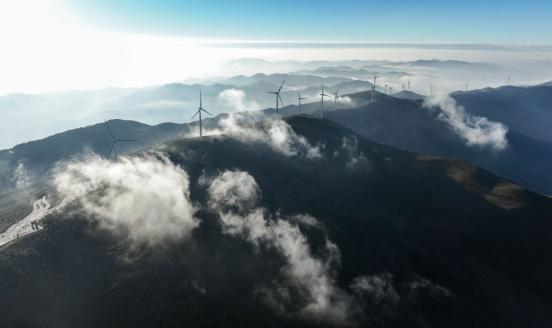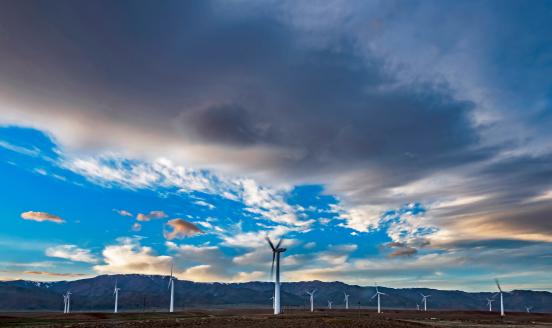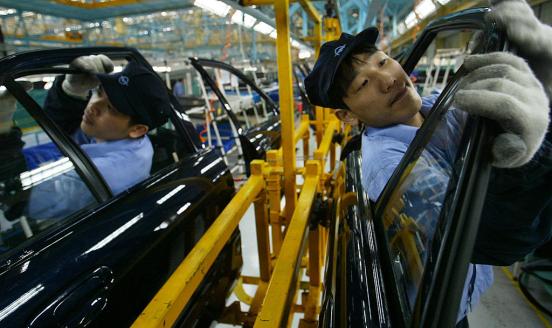The economic case for decarbonising emerging and developing market economies
What are the economic and cooperative mechanisms for developed countries to assist EMDEs in decarbonisation?
Speakers
Abhishek Bhaskar
Online
Lead, Accelerating Coal Transition (ACT) Investment Program, Climate Investment Funds
Alissa M. Kleinnijenhuis
Non-resident fellow
Agenda
Check-in & lunch
12:30-13:00Agenda
Presentation
13:00-13:15- Alissa M. Kleinnijenhuis, Non-resident fellow
Agenda
Discussion
13:15-14:00- Chair: Jeromin Zettelmeyer, Director
- Abhishek Bhaskar, Lead, Accelerating Coal Transition (ACT) Investment Program, Climate Investment Funds
- Lida Fitts, Director for Sustainable Infrastructure, US Department of the Treasury
- Alissa M. Kleinnijenhuis, Non-resident fellow
- Cao Li, Vice President , Boao Forum for Asia Academy
Agenda
Q&A
14:00-14:15Despite ambitious climate packages in the EU (The EU Green Deal) and the US (The Inflation Reduction Act), global emissions have not even started to bend downward because of growing emissions in emerging and developing market economies (EMDEs). Emission reductions in the West are more than ‘cancelled out’ by emission increases in EMDEs. Even if developed countries decarbonise according to schedule, it will be impossible to avert the worst climate consequences if EMDE economies are not brought on board. It is thus essential that developed countries broaden their policy perspective beyond domestic and towards global decarbonisation. So far, the dominant approach to climate policymaking has been carbon taxation. Done right, carbon prices equate the marginal benefits and costs of greenhouse gas emissions, and as such, internalise the carbon externality. Unfortunately, carbon taxation is widely recognized as a theoretical first-best policy and has not taken off sufficiently to dent global emissions. On the other hand, climate finance, a subsidy-based approach (as is the Inflation Reduction Act), holds promise as one of the most salient complementary policies to carbon taxation, making things cheaper.
At this event, panellists looked at the issue through two specific questions: What is the economic case for the West to help decarbonise EMDEs? What are the feasible, cooperative mechanisms with which it can do so at the scale and speed required to stay within or close to the remaining carbon budget? The conversation also refered to two upcoming Bruegel papers on this topic.








